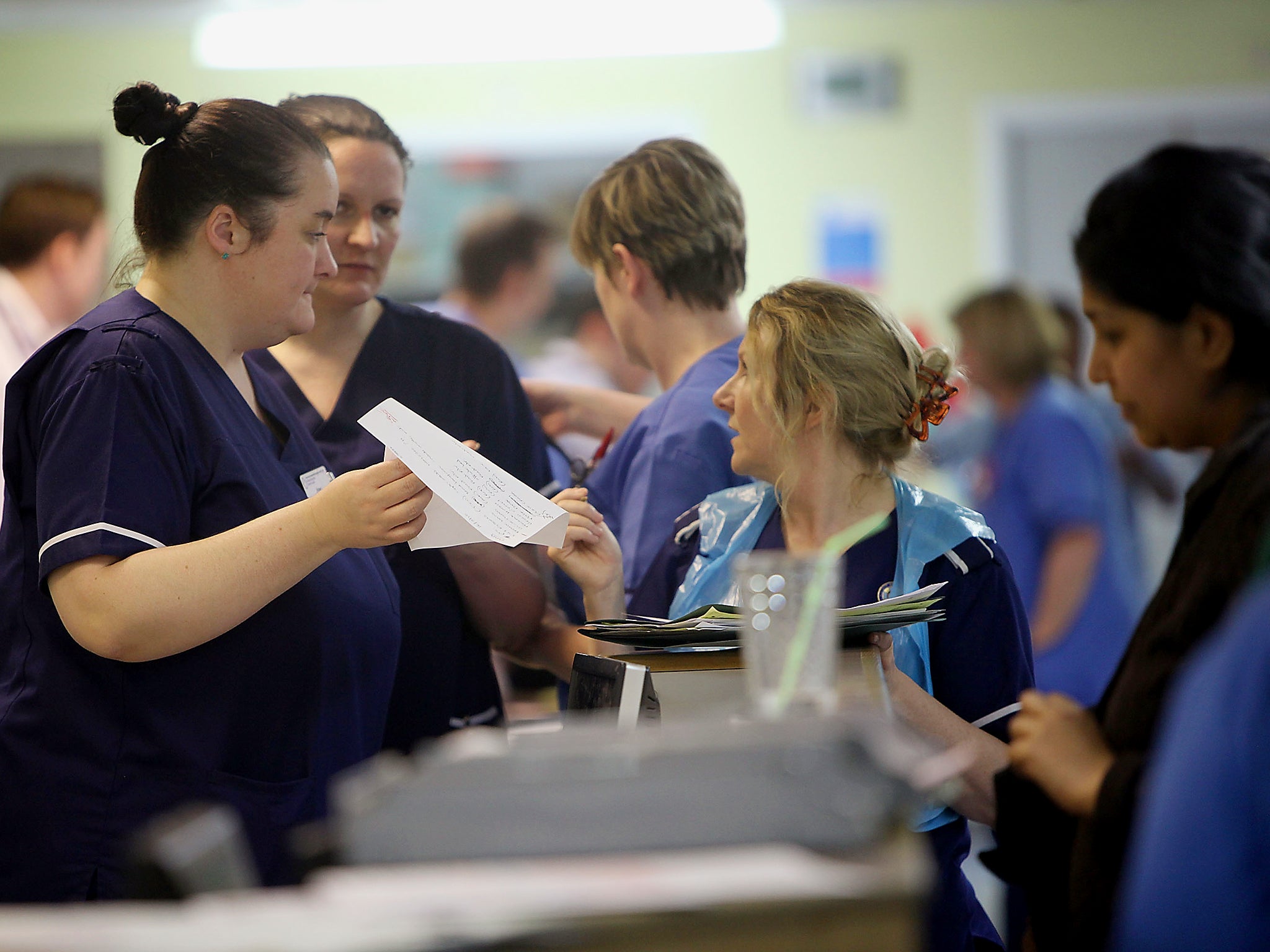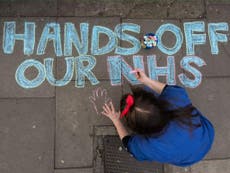The NHS is the closest thing we have to a religion – and that's why it must be privatised
Given our historical attitudes towards religion, why is it that we won’t countenance a reformation of the health service?


Nigel Lawson’s assertion that “the NHS is the closest thing the English people have to a religion” goes some way towards explaining the outcry when anyone suggests steps are taken towards the privatisation of the NHS. It’s understandable, of course; the concept of “free” healthcare at the point of use has been drummed into us from infancy, so much that many of us now take it for granted.
This complacency, however, has led to an under-funded and overused system in dire need of intervention. Given our historical attitudes towards religion, why is it that we won’t countenance a reformation of the NHS?
News this week that nine out of 10 UK hospitals are overcrowded will have been received with as much enthusiasm in the offices of the Health Secretary as greets Donald Trump’s executive orders at US border control. That said, Jeremy Hunt has clearly been paying some attention to the ramblings of President Trump and his views on Johnny Foreigner, with his new policy of charging non-EU citizens for their trips to the hospital.
But this won’t make a dent in the NHS crisis. New statistics suggest long hospital waiting lists are up by 163 per cent, and as many as one in six A&E departments are to close. Charging foreign patients will yield no more than £500 million a year; estimates suggest the NHS needs billions to handle its overcrowded ward of problems.
This financial black hole is only set to widen. Our population is ageing as it expands, and the NHS is the victim of our better living standards. The greatest proportion of those using the health service regularly is now largely made up of those who have stopped contributing to its upkeep.
On BBC Newsnight this week, Dr Henry Marsh suggested the NHS needed “a new tax to save it”. It cannot be denied that if the NHS is to keep pace with demand it does need an injection of money. The UK spends less on healthcare than her European counterparts, but a special tax is not the answer. One of the key problems with NHS expenditure is profligate spending, administrative waste and government incompetence; together they total enough to almost wipe out its annual overspend. A new tax does not guarantee efficiency, only more wasted taxpayer cash.
Britain is a famously outward-looking island when it comes to government policy, but in healthcare we are furiously, aggressively insular. It is the most “Little Englander” trait you can think of.
Almost half of the British population voted to Remain in the EU referendum last year, yet next to nobody seems aware that pretty much all of our European counterparts have a universal and in many cases much better healthcare than the UK – and, horror of horrors, most European healthcare is what we would call “privatised”. Yet the homeless and unemployed still receive treatment, no one is “left to die” by ambulance crews because they don’t hold sufficient insurance, and there is no concept of medical bankruptcy.
In his book, Universal Healthcare Without the NHS, Kristian Niemietz of the Institute of Economic Affairs bluntly spells out the differences between the NHS and comparative countries. The UK’s rates of cancer survival, for example, lag significantly behind the likes of Slovenia and Ireland, not to mention Japan, Belgium, the Netherlands, Germany and New Zealand. Rates of “avoidable deaths” are even worse.
All of these countries have adopted social health insurance systems, which allow a fair distribution of the burden of cost through means-testing and community rating, ensuring poorer people and communities don’t receive substandard treatment and care. It also enables expenditure on the experimental health treatments, common across Europe, that many in Britain, such as the late writer AA Gill, are denied due to cost and rationing of resources.
I was once in favour of the NHS as it is currently organised. It has treated me and my family, and I cannot fault the professionalism of the staff and their diligent service. The NHS was once radical policy idea right for its era.
But the world has changed and, as sentimental as we may feel about it, there can be no place for sentimentalism if it leads to people dying in hospital corridors and ambulances queuing outside the doors of overstretched A&E departments.
We kid ourselves that ours is the best healthcare model for developed nations to adopt. Yet we are the only nation in the developed world with such a system, and it doesn’t compete with the others.
Brexit aside, on this issue we must look to Europe for the answer. It’s heresy to many, but it’s time to privatise the NHS.



Join our commenting forum
Join thought-provoking conversations, follow other Independent readers and see their replies